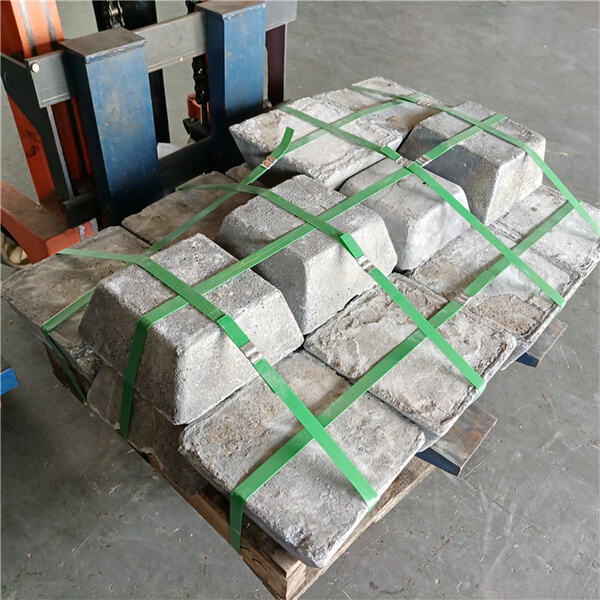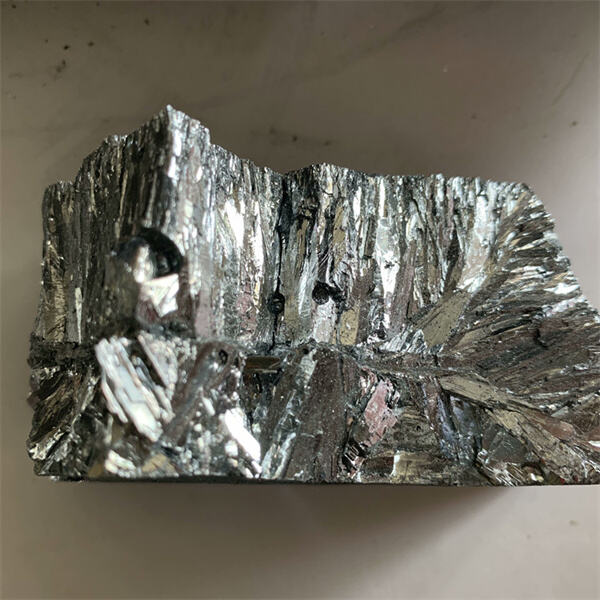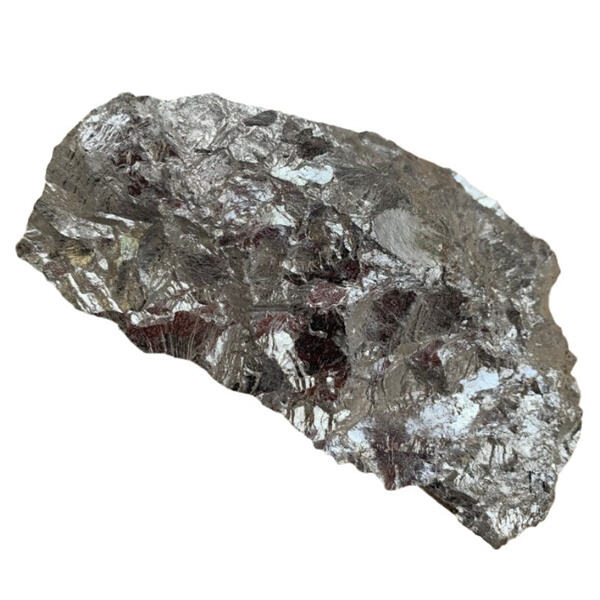Antimony ingots are small shiny blocks of a whitish metal derived from the naturally occurring element antimony. These are ingots which are of special property that makes them highly tensile, and extremely useful in varied industries. Read ahead to find out more about antimony ingots and the process of making it and its uses!
These pure antimonys are very large and very strong, they do not rust easily. They are therefore incredibly long lasting, excellent for producing things like batteries and metal alloys. Antimony blocks also have a low melting point, which make it an easy material to form into other shapes. This also makes them useable in industry.

Special antimony ingots Special antimony ingots are indispensable in the industry. In electronics, they aid in the preparation of batteries for things like cellphones and laptops. In cars, they are put to work in forging strong metal parts that don’t rust. – In fashion, antimony metal ingot is used for making jewelry and accessories that is bright and does not tarnish easily.

To produce antimony ingots, antimony ore is reduced to metal. First the ore is crushed into a fine powder. It is then heated in a furnace to strip out impurities. The clean, remaining antimony is melted and cast into ingots. This process requires special tools and expertise to ensure the ingots are of good quality.

While antimony ingots have a number of useful characteristics, they can be dangerous if not used properly. Antimony, a toxic metal, can cause water and soil pollution. When people breathe in or swallow antimony it can make them sick, giving them issues like nausea and difficulty breathing. It is essential that when a business makes use of antimony ingots that they ensure their safety guidelines are followed as well as their own health.